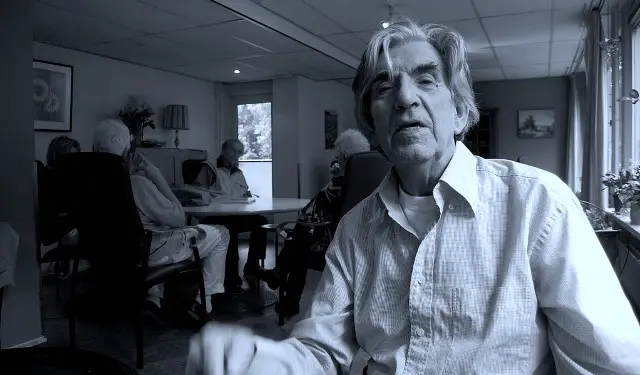This in from the Isle of Wight NHS, in their own words. Ed
The Island’s NHS Memory Service is supporting Dementia Awareness Week which runs from 18th – 22nd May and raising awareness of dementia and the specialist support available to better enable people to live well with the condition.
Dementia is a serious and progressive disease that leads to memory loss and communication problems that can create difficulties for the person living with dementia. Around 850,000 people are living with dementia in the UK and 1 in 20 are aged under 65. By 2055 it is estimated that the numbers will rise to 1 million.
3,000 Islanders living with dementia
On the Island there are just under 3,000 people estimated to live with dementia on the Island and due to our elderly population and increasing life expectancy the number of people living with dementia is estimated to increase to 3,651 by 2024.
The Island is fortunate to have a specialist service which has recently been accredited as excellent (by Royal College of Psychiatrists MSNAP Memory Service National Accreditation Programme).
The service provides assessment, diagnoses, treatment and support for person with a diagnosis of dementia. The multi-professional team which includes Medical Psychiatrists, Psychiatric Nurses, Specialist Occupational Therapists, Clinical Psychologist, Liaison Nurses, Specialist Pharmacist, Social Care Workers, Dementia Advisors and Healthcare Assistants work together from the point of referral through to assessment, diagnosis and ongoing treatment.
Cognitive Stimulation Therapy
The Memory Service provide Cognitive Stimulation Therapy that is a treatment offered to people who are newly diagnosed, followed up with a 24 week maintenance programme. This treatment is evidence based and recommended by NICE Guidelines (National Institute for Clinical Excellence).
For those with more advanced dementia the service provides psychosocial Interventions which provides the use of alternative approaches to someone in distress as a possible alternative to using medication. Our specialist Occupational Therapist will work with the person and their carers to identify triggers that may be contributing to how someone is behaving and feeling.
Not just about memory loss
Speaking about the Memory Service, Joanie Callaghan, Memory Service Lead, said:
“For anyone who begins to show symptoms of memory loss, it can be a very frightening experience, for them, and for their carer. It is important that people know that there is someone to talk to about dementia and there are ways we can help people live with the condition and provide support to carers of those who suffer from dementia. We are determined to make the Island dementia friendly and this means improving understanding, removing stigma and making sure we support people with the right advice and services so they can live well with dementia.
“Dementia is not just about memory loss; dementia can change the way that people experience the world around them and this means they sometimes need a helping hand. “If you or someone you know is noticing problems with their memory, we recommend that you visit your GP who will discuss your concerns. Visiting your GP will help to rule out other illnesses that can cause similar symptoms such as dementia. Your GP will make the decision about referring you to the Memory Service for further assessment.”
Symptoms
Common symptoms which can be associated with dementia include:
- Confusion, change in short term memory loss, disorientation, mislaying things in the house
- Speech impairment
- Personality changes, over suspicious, inappropriate behaviour
- Dietary habit changes
- Mood, depression, anxiety and psychosis
- Decreased level on functioning for at least 6 months
For further information about the Island’s Memory Service visit our Website





